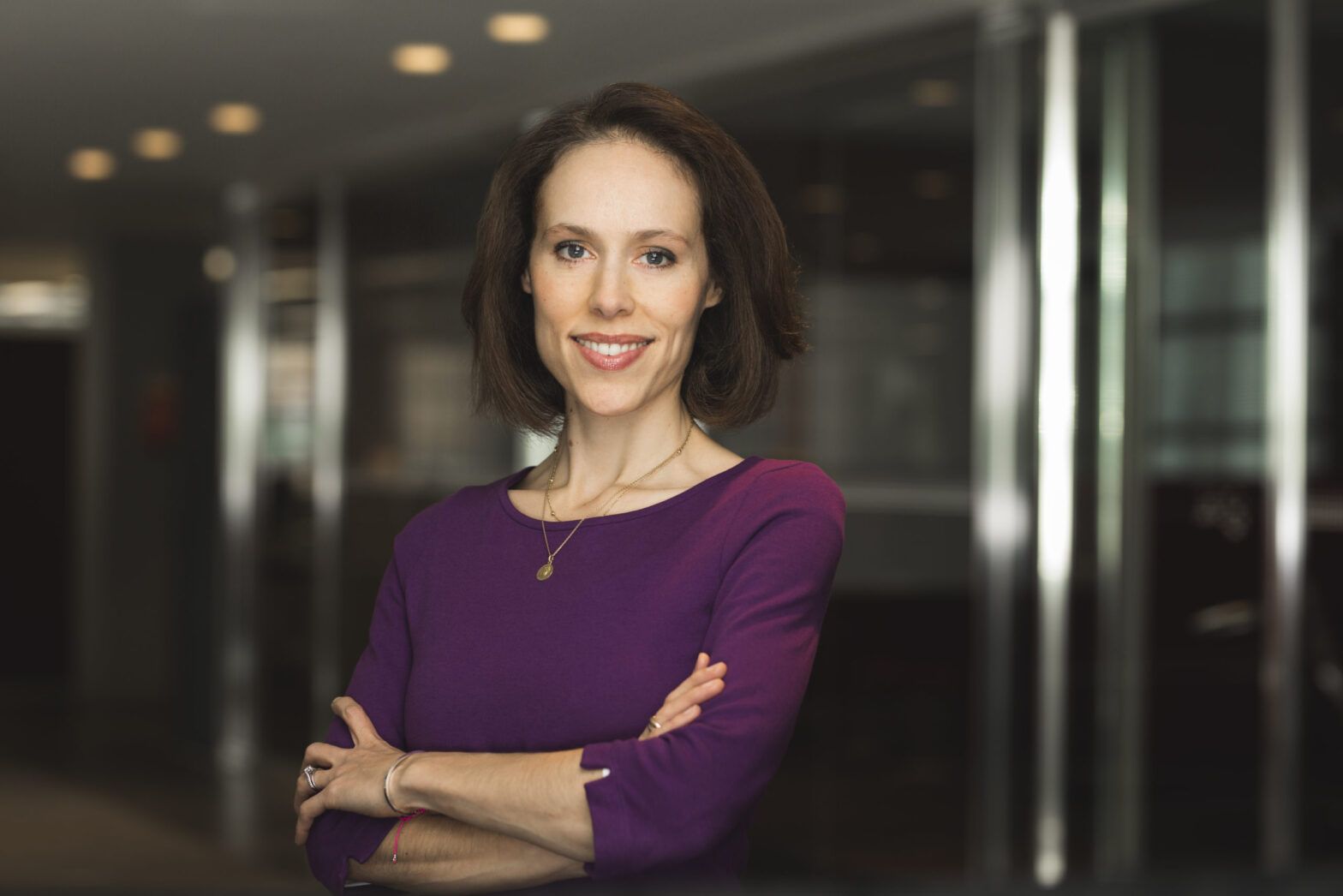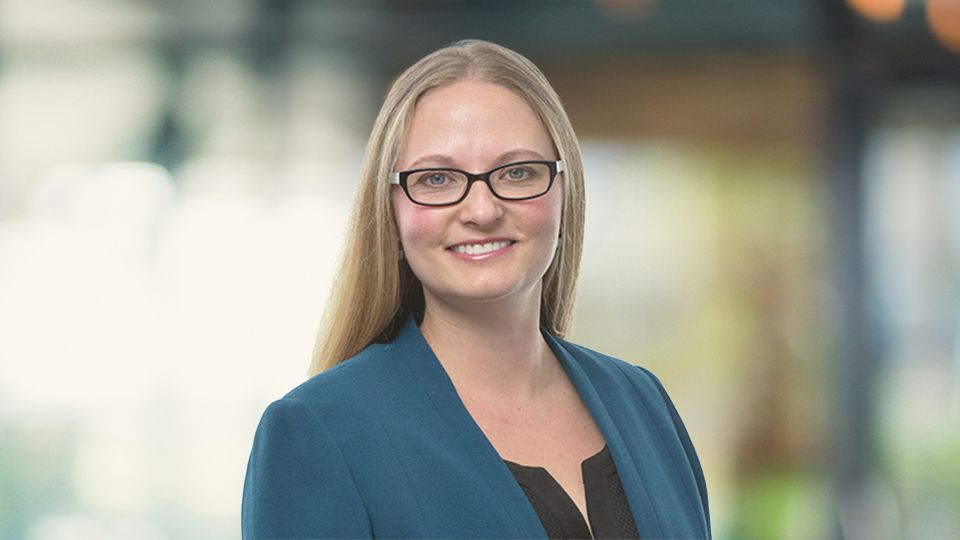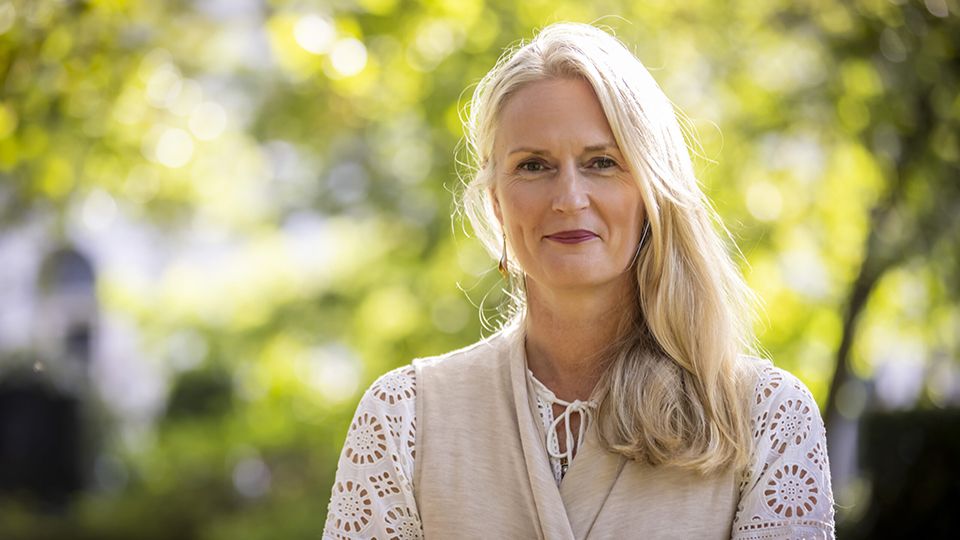The comments made by Stuart Kirk, head of responsible investing at HSBC, at an FT event two weeks ago, have shocked many. Although Kirk didn’t deny climate change, his argument was that the long-term risk on global economic growth and stock markets isn’t as high as investors are led to believe, and we shouldn’t spend so much time focusing on it.
Uncertainty
It’s hard to disagree with Kirk’s statement that “we have no idea what the next 50, 100 years are going to bring”. It’s true that no one can predict the future, and we will be better off if we acknowledge that. The investment risk associated with climate change is difficult to quantify. It’s based on climate science, which implies a large degree of uncertainty as to how, when, and where physical risks will manifest.
The uncertainty extends to whether governments, companies, and individuals will take the necessary measures to mitigate climate change, and if they do, which mitigation paths they pursue over what timeframe. Financial institutions are trying to quantify climate risk, but their models are only as good as their assumptions.
See also: – Data drive for climate-resilient investing
But Kirk takes this argument too far. Climate uncertainty is no excuse for inaction and complacency. Kirk seems to think we should ignore climate risk and hope for the best, but by downplaying long-term climate risks, he has fallen prey to “the tragedy of the horizon,” to cite Mark Carney (who Kirk clearly is not a fan of).
In its latest report, the UN’s Intergovernmental Panel on Climate Change warned the window of opportunity to take any meaningful climate action is rapidly closing. We need to act now, and each of the next eight years are crucial. We need to stop investing in new oil and gas fields and redirect capital towards climate solutions.
Adaptation
This leads me to another point Kirk got right: we don’t talk enough about adaptation. We’re past the point of being able to mitigate or prevent all the negative impacts of climate change. Massive emission reductions are necessary, but adaptation measures are also inevitable. These include building early warning systems, building climate-resilient infrastructure, restoring ecosystems, and developing water storage solutions, among others.
Global investment in adaptation and resilience has increased in recent years, but still falls short of what is needed, especially in developing countries. By 2030, the United Nations Environment Programme (UNEP) estimates the cost of adaptation will reach $140–300bn per year, and by 2050, that number rises to $280–500bn. However, global investment from public and private sources was only at $30bn per year in 2017, according to the Climate Policy Initiative, and only about $500m (1.6%) of adaptation finance came from private sources. Therefore, in the most optimistic case, the level of adaptation finance seen in 2017 needs to grow five-fold by 2030.
This is unlikely, but it’s not unheard of. Indeed, global assets in climate-flavoured funds have more than quintupled in the past two years to reach $408bn at the end of 2021, according to Morningstar research.
Investors care
Then there’s the point Kirk (almost) got right. He observes that, despite all the alarmist talks about climate risk and rising greenhouse gas emissions, risk asset prices are still going “higher and higher” (at least until February), suggesting stock markets are not anticipating the introduction of a punitive carbon tax or any negative climate-related event that could affect companies in the short term.
That may be true. But this shouldn’t be misconstrued as, “investors don’t care about the issue.” Investors are increasingly committing to financing the climate transition and re-allocating capital towards lower-carbon-risk assets. More and more investors are also engaging with companies and governments in a bid to reach net zero by 2050.
At the very end of his speech, Kirk brought the presentation back to a reasonable message. He claims to agree with the just transition, and he points out that the climate crisis presents an opportunity to innovate and drive a financial return in the process.
The messaging around the climate crisis has centred around “doomsday”-type scenarios as of late, and these have a role in the conversation, but we also need hope. Hope that, together, we can overcome the climate crisis. What the data shows us is that, increasingly, investors want to be part of those solutions.





